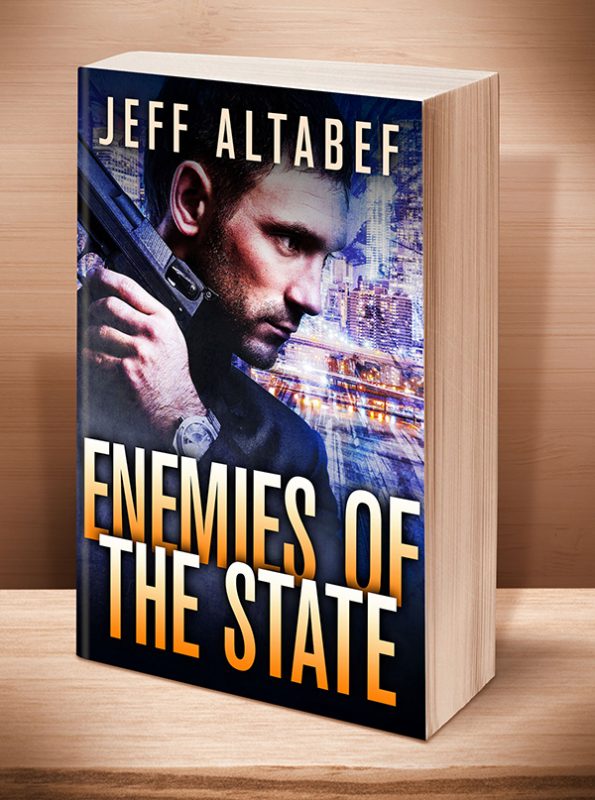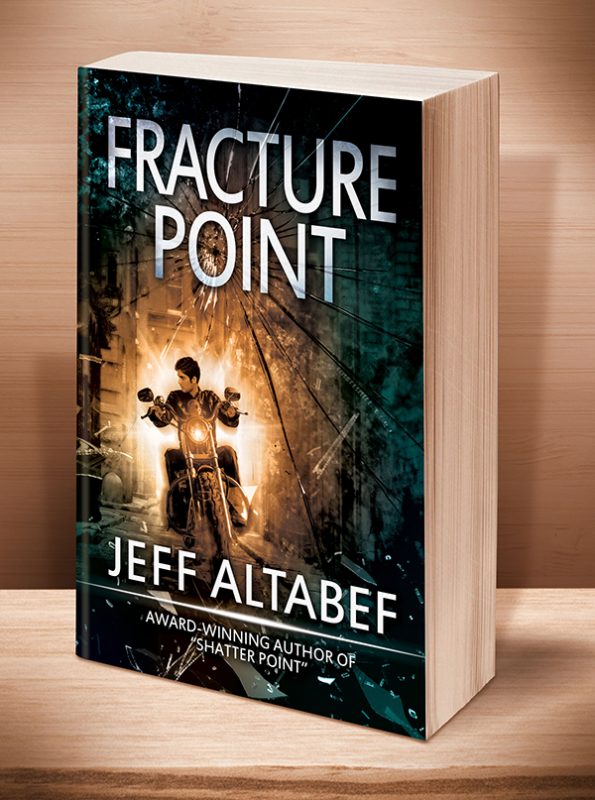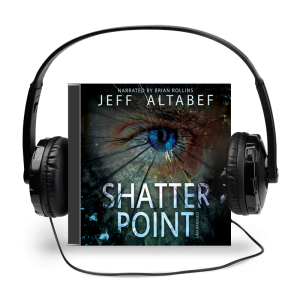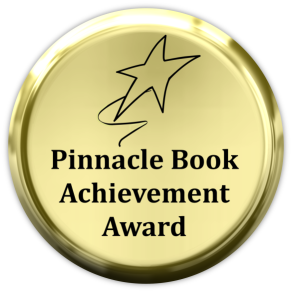Shatter Point
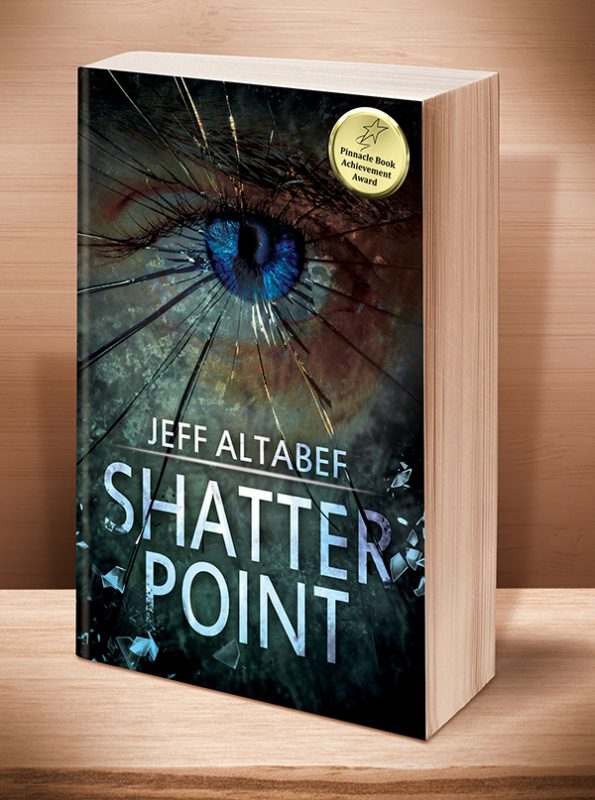
Some nightmares never end!
Scroll down to the MORE INFORMATION section for multiple purchasing options.
- WINNER: Pinnacle Book Achievement Award - Best Thriller
- GRAND PRIZE FINALIST: Eric Hoffer da Vinci Eye Awards 2015
- HONORABLE MENTION: Eric Hoffer Book Awards - Best Commercial Fiction
“A thriller that grabs readers and doesn’t let go, skillfully twisting, turning, and manipulating its plot for maximum impact.” ~ D. Donovan, Senior Reviewer, Midwest Book Review
When her 19-year-old son Jack miraculously recovers from a serious head trauma, Maggie is sure her luck has changed. But when she's abducted by a shadow from her past - a phantom with dangerous sapphire eyes - it's up to Jack and his younger brother Tom to unravel the mystery and save their mom from a deadly psychological battle.
The brothers seek help from their colorful great aunt, who exposes them to a world of nefarious family secrets, explosive government conspiracies, and a series of horrific murders. Together they must navigate a dark underworld full of political subterfuge and class warfare - before the psychopath who took their mother reaches his shatter point.
“Shatter Point is an exciting novel of suspense, action, drama and even a little bit of horror…. It’s definitely one of the best novels out there right now.” ~ Next Page Reviews
“When I reached the last 100 pages no one was going to be able to stop me reading until I knew the ending!” ~ Olivia’s Catastrophe

